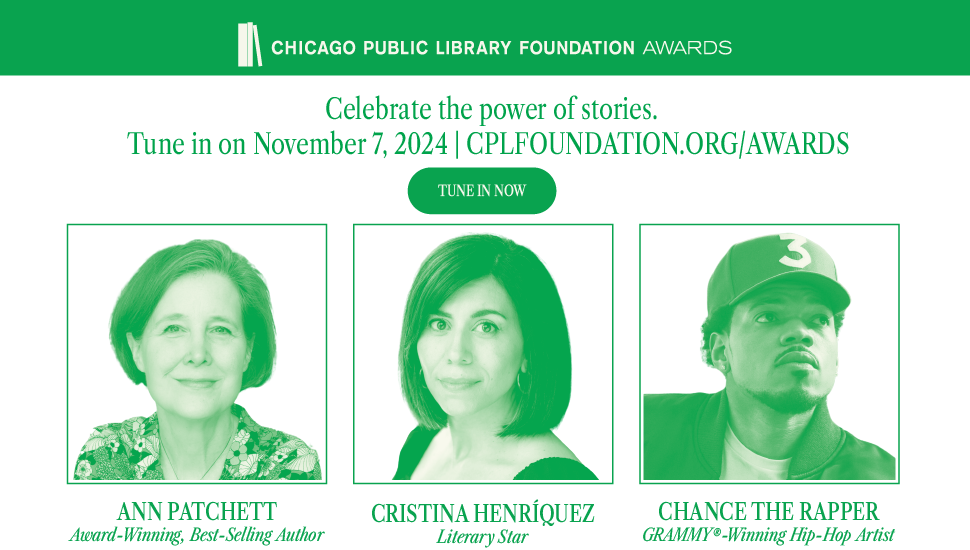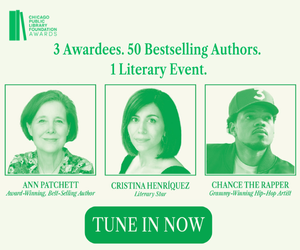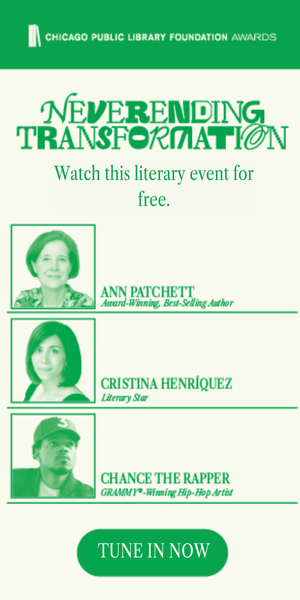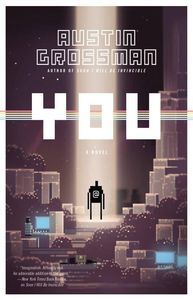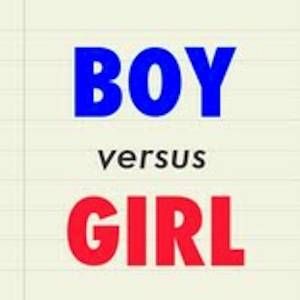
Boy vs. Girl: YOU by Austin Grossman
Welcome to another installment of Boy vs. Girl, in which we (Casey Peterson and Marisa Atkinson) read and debate new books at least one of us is really excited about. This week we discuss You by Austin Grossman.
—
Casey: This was my choice, so I’ll start. I read (and loved) Ernest Cline’s Ready Player One last year, so You, by Austin Grossman, (a video game mystery) seemed like my kind of book. And it was, at times… but I didn’t like this book as much as I thought I would. What did you think?
Marisa: First off, I don’t want anyone to assume I didn’t like this book because it was about video games. For the record: many, many hours of my childhood and adolescence were spent in day-long video game binges. I may not be a level-70 Mage, but I know my way around Super Mario. And the concept of You was really appealing to me when you first suggested it.
Casey: Part of the reason you’re not level 70 is because you chose the Mage. Light magic is pretty tough to grind with. If you’d picked the Warlock? You’d probably be a level 80 or so. Just a thought.
Marisa: Confession: I’ve never actually played World of Warcraft. I texted my little brother and asked him for a sweet WoW reference I could make in our review. (But I’m totes legit when it comes to Super Mario. Bible.)
Casey: Never played WoW, either. I was just speaking in basic RPG lingo.
Marisa: I think that You‘s biggest issue was its lack of focus. The heart of the novel really should have stayed centered on Russell, Simon, Darren, Lisa, and their shared histories and legacy. (Like Meg Wolitzer’s The Interestings, but with a video game empire backdrop instead of summer camp.) There was so much time spent narrating gameplay and even narrating production and coding that the novel really got away from and disassociated itself from that central focal point, which I think could have kept everything together a bit more tightly.
Casey: The novel’s second act, set at the summer camp (like The Interestings), was my favorite part. This was when Grossman really focused on Russell, Simon, Lisa, and Darren. Like you said, their relationships were the heart of the story, and it was here that I was most invested. And that video game tournament? Definitely the most action in the whole book. It was also a coming-of-age moment, something that you must have liked.
Marisa: I would agree that the summer camp flashback was where I finally started to feel like we were getting back on track. I also felt invested again, and the tournament in particular felt like a really authentic and charged turning point.
Casey: This really was two novels that couldn’t exist without the other. We have to trudge through the code stuff, and the playing of the games, to get to the conclusion of the characters’ dilemmas with each other. Without the characters’ dilemmas, however, the playing of video games is meaningless.
Marisa: Some splashes of gameplay and explanation of how the video games were built would make sense, and are even necessary, since that’s the novel’s framework, but I think it was just too much. At the end of the day did Russell really need to play painstakingly through all of the Black Arts games in such detail in order to come to the novel’s end result? I would argue he did not.
Casey: I’d agree. So much of the book did nothing to advance the plot. I complained that nothing happened in The Smart One, but nothing happened in this book either. I really don’t know what was at stake. Was anything at stake? And, minor spoiler here, but there were characters who knew what was going on THE ENTIRE TIME.
Marisa: That wouldn’t have bothered me at all if it had been executed effectively–it is a mystery, after all, someone has to be holding all the cards–but in this case it wasn’t. The constant tense and POV shifts didn’t help either. They were really disorienting in a novel where I already felt adrift and lost.
Casey: I understand what Grossman was trying to do: “You” are the one playing video games. When you’re deep in a game, it tends to seep into the real world. I’ve had times, after an intense video game session, where I’m even playing in my dreams. It was disorienting, I’ll admit, but I think Grossman succeeds here. Russell’s world is video games and nothing else… and we, the reader, are immersed as well.
Marisa: You said in a lot of ways this was your kind of book. Lets talk about some of the things that you liked about You and that you thought were working.
Casey: Like you, I’ve done my fair share of playing and watching video games. So I enjoyed watching the games unfold on the page. These were like smaller stories within the larger novel. Some of the games are definitely the sort that I would play myself. Like “Clandestine,” that sounds like a very fun game.
As I mentioned above, the immersion into the video game world worked for me. Play enough, and it can be hard to tell where the game ends and life begins. This immersion is the goal of the “ultimate game.” A game that doesn’t even feel like you’re playing.
Marisa: This book missed the mark with me, but I think we can agree that it does have merit and will appeal to a certain audience. Who do you think that audience is? Who can we recommend You to?
Casey: I didn’t love You, but I didn’t hate it either. Having finished the book, I don’t know if my comparing this book to Ready Player One was fair. I do think most fans of Cline’s novel will like You, but they are definitely different books: One is a video game in a novel, and the other is a novel about video games.
We’re casual video game players, but it will probably find a home with more serious gamers. It’s a quietly funny book. There are some pretty dumb video games out there, and Grossman points that out in subtle ways throughout the novel. Grossman is a former game designer himself, so I think a lot of You is an accurate portrayal of that world… something I hadn’t previously put a lot of thought into.
Marisa: I also want to give this book snaps for its nostalgia element. Attention 90s kids! There’s more than one reference to The Legend of Zelda: Ocarina of Time! The spot-on historical and cultural position will be worth the price of admission for some.
_________________________
Sign up for our newsletter to have the best of Book Riot delivered straight to your inbox every two weeks. No spam. We promise.
To keep up with Book Riot on a daily basis, follow us on Twitter or like us on Facebook. So much bookish goodness–all day, every day.
